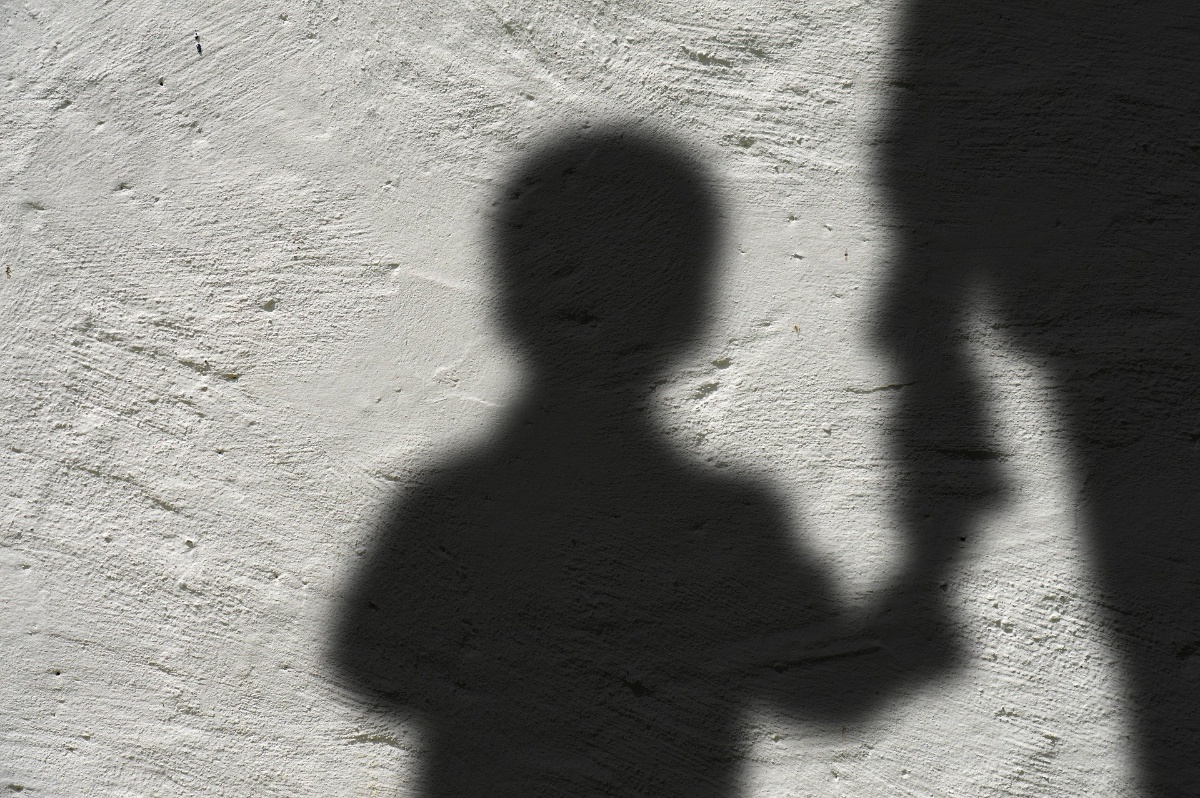By Jalal Abu Saleh
Providing protection and care to children and mothers who face domestic violence, all the while “considering the child’s best interest in familial dispute” is paramount, particularly when knowing the negative effects arguments between parents or divorce have on children and their future.
Randa (alias), a Jordanian woman, went through great suffering when her husband abandoned her at her worst, after an accident that left her with hemiplegia. She lived with her 3 children in poverty and suffered from her husband’s abuse a lot due to her disability. Eventually, she decided to get a divorce. Randa started a battle, claiming her rights and custody over the children, with the help of the Legal Aid Department of the Arab Renaissance for Democracy and Development (ARDD).
Five years later, she sought the support of ARDD again to make her husband abide by the commitment to pay alimony and to transfer custody over the children to her mother after she decided to remarry, having realized that she cannot afford to provide for them with the little alimony money. She said she wished to remarry in a bid to provide a better life for the children, as her family cannot provide for her and her children any longer since her father lost his job due to the COVID-19 crisis. Randa did not want to lose her children to her husband who could not afford to provide for them. ARDD successfully got the custody transferred to the grandmother.
Randa’s story is that of many other wives and mothers who face difficulties after divorce. In Jordan, 55 divorces take place on daily basis with over 20 thousand cases a year, according to Sisterhood Is Global Institute/Jordan.
Mariam (alias), a Syrian mother of 2, a 7-year-old boy and a 3-year-old girl, was subjected to physical and mental violence by her husband even after the children were born. She eventually fled to Jordan with her mother, brother, and children. Unfortunately, she could not escape her husband’s violence for long; two years later he contacted her, informing her that he was in Jordan, knew where she was living, and wanted to take the children, for her never to see them again.
He threatened her, finding her every time she would change her phone number and address. He filed a case demanding visitation rights, continuing to threaten that he would take the children away from their mother.
Mariam sought the support of ARDD, which provided her and her children with legal protection and a safe family environment, free of violence. She was able to defy her husband and protect her and her children’s rights.
Fortunately, Mariam’s life changed completely. Her husband could not threaten her anymore; he could see his children in specific centers, under police protection. Despite his attempts to manipulate Mariam, she was able to follow a course of action that assured her and her children’s protection.
These are only two cases of many in which women and children suffer from domestic disputes, violence, or divorce. In all cases, it is important to act in a way that has the children’s best interest in mind, and, at the same time, secures the women’s rights and safety, protecting them from all forms of violence and threats.
These stories are part of the “Enhancement of the protective environment of Syrian and Jordanian Children” project ” Implemented in partnership with the United Nations Office for the Coordination of Humanitarian Affairs, the project aims to contribute to creating a better protective environment for Syrian and Jordanian children at risk, including children with disabilities living in the most vulnerable communities affected by the COVID-19 pandemic, through the provision of legal services and cash support.


